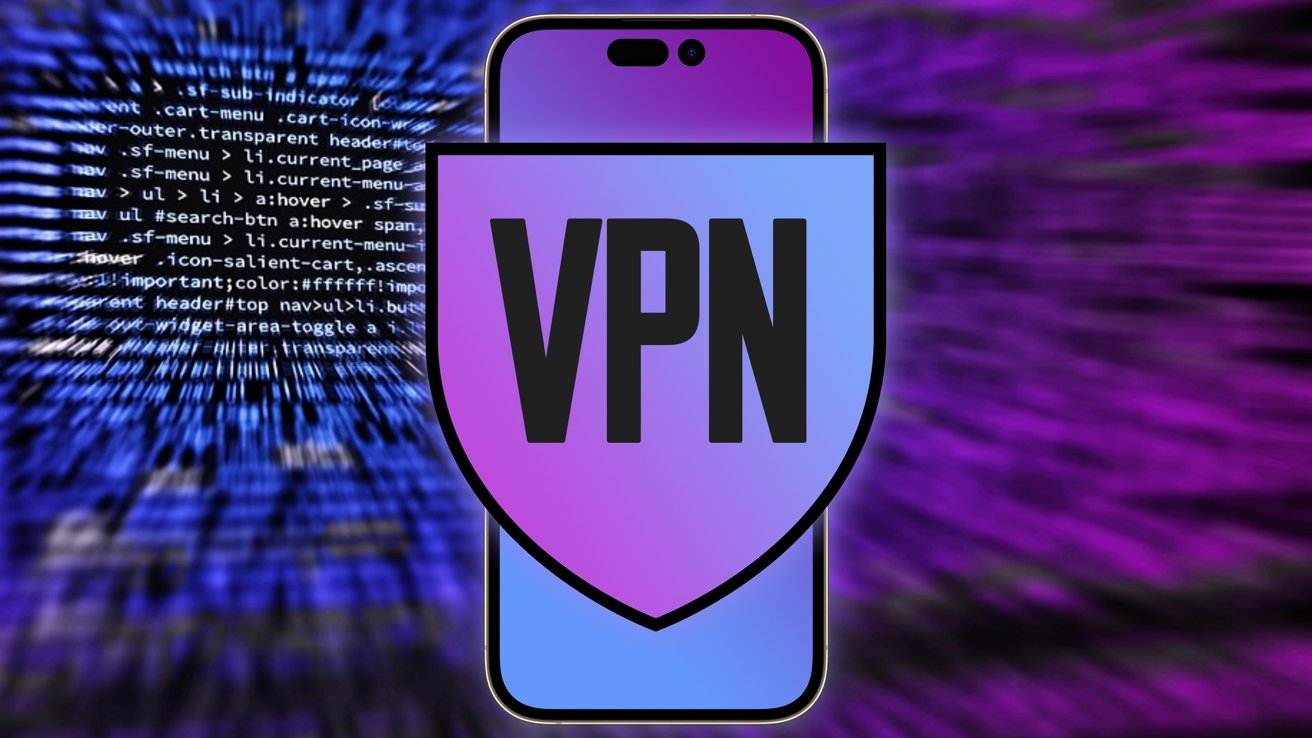Governments, ISPs, and even your employer can watch every online move you make. Here’s how the best VPN apps can keep your online life safe.
Many countries openly spy on people, and it is legal for them to monitor your online presence. Location information, even personal information, is fair game, as is every email, text message, and video call.
Your activities and data may be exposed
Secure, password-protected WiFi hotspots might seem like the solution, but when a government monitors the whole Internet, it can also access the data passing through the hotspot. Even when Big Brother doesn’t monitor a WiFi hotspot, identity thieves can use it to siphon off your information.
In busy areas like airports and cafes, these identity thieves can create hotspots to trick you into connecting. One easy way for them to access your data is to name their hotspot something like “Coffee Shop Free WiFi” to make it seem like the business provides their connection.
It also might surprise you that your employer legally can and likely does monitor your activities. You might not think your boss knows you’ve been watching “Severence” on your iPhone, but they can.
Some governments as well as your employer can legally monitor your data, and hackers use the same techniques to steal your data.
For some foreign governments, and even for employers in the United States it’s legal to monitor everything you do, including tracking your internet activity, monitoring your emails, viewing text messages, tracking your location, and even accessing installed apps.
If you use your own devices at work, you’re still at risk of having your data monitored. Companies can’t legally access your personal devices, unless you have a company-mandated app on your iPhone.
Employers often use monitoring software on these devices to ensure compliance with company policies and to secure sensitive data, and while they usually don’t watch all of your traffic, they can.
These types of intrusion are impossible to detect. Any data passing through a hotspot or router that’s being monitored is easy to observe. Your IP address shows your location and that can be tracked.
The sites you visit can be monitored, and any traffic that’s unencrypted, like email or texts or data from many apps is visible, and in some cases, can be eavesdropped on.
iPhone VPN apps offer protection from prying eyes
These intrusions into your online and offline life can be stopped at the source using a VPN. A properly-configured VPN will route traffic through their servers, encrypted and shielded from governments, hackers, and your boss.
Most of the tracking that governments, hackers, and employers use takes advantage of having your traffic pass through hotspots or wired connections.
A VPN uses a remote and secure server to protect your data. A VPN server gives you an IP address that’s untraceable, or at least only traceable to the VPN provider.
The connection to a VPN server is always encrypted, and with many VPN providers you can connect through two or more servers so that if one is somehow compromised, your data is still protected with the second server.
For governments that monitor internet activity it’s possible with a VPN to bypass that country’s Internet service entirely, instead routing through a server where governments have no access.
VPN servers are typically located in countries where governments have no rights to access them, and the best VPN providers don’t keep logs of your activity.
If a government comes knocking on their door, there is nothing to turn over to them. Even if you connect to a compromised WiFi hotspot, your data is shielded as it passes through the VPN server. In other words, when you use a VPN, you bypass the tools that track and access your data.





